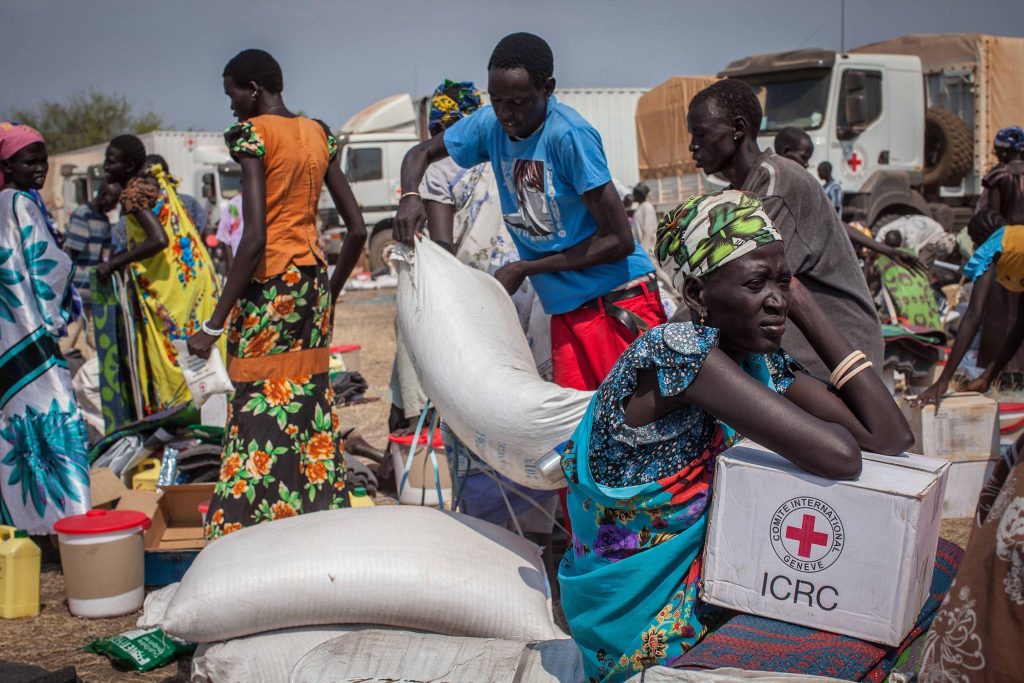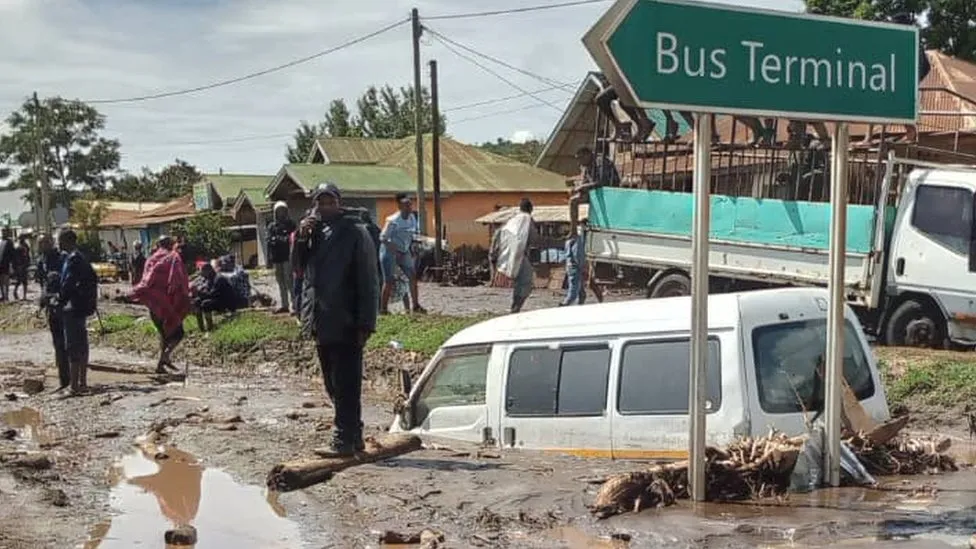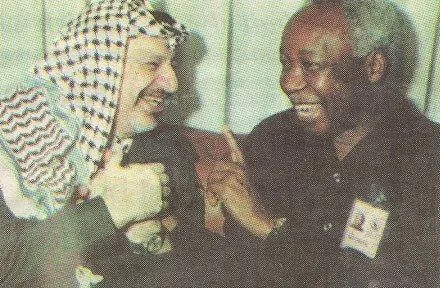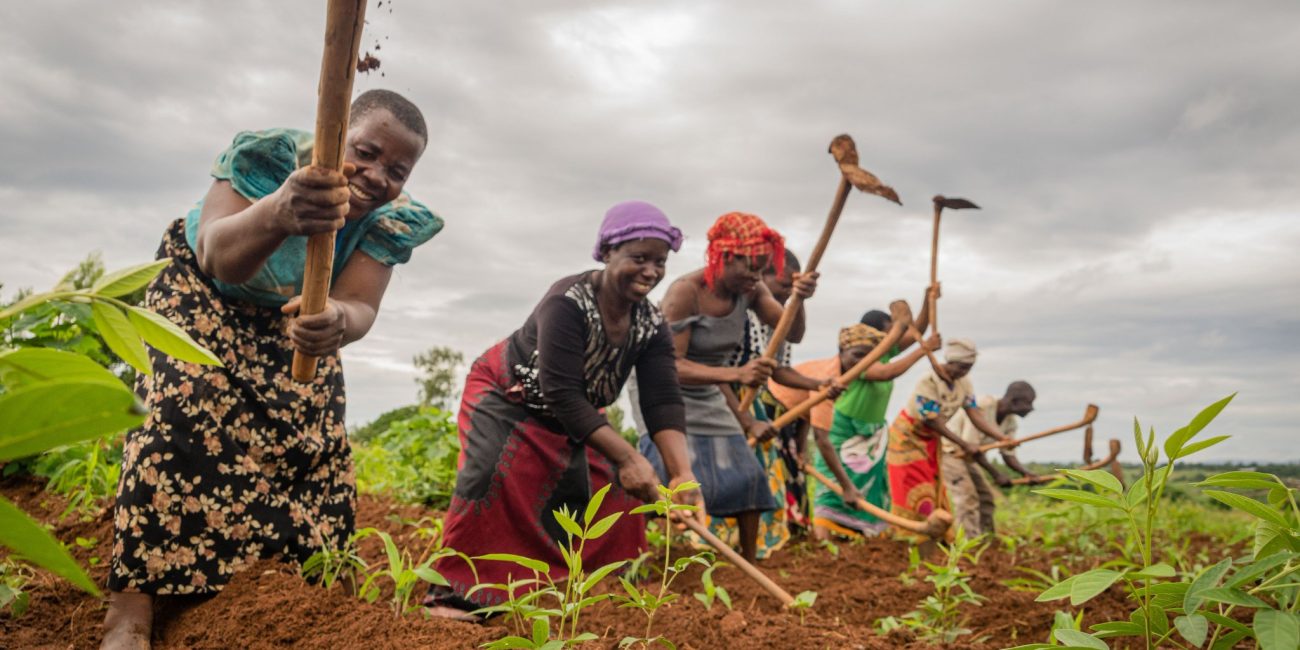There I was, squatting over the pit latrine, feeling like death warmed up. A nasty bacteria had invaded my guts and turned them into a war zone. My head was throbbing with fever, and I wished I could crawl into a hole and disappear. It reminded me of when I had salmonella… the second time… or third time.
Yes, I’ve had salmonella more times than I care to admit. Don’t judge me. As I dragged myself between the toilet and my tent, which felt like a sauna in the blazing sun, I wondered, “What on earth am I doing here?” These were the moments I questioned my sanity and my decision to move to the middle of South Sudan during a bloody civil war.
But then I remembered where I was and why I was there. I was in Aburoc, a small village in the heart of the country, surrounded by grasslands and swamps, crisscrossed by canoe channels. It had been my home for the last two months and had grown on me. It was a peaceful place, under the control of the rebels since 2015, which meant no mobile network, no internet, no electricity, no running water, and no luxuries.
The only thing that reminded me of the modern world was the tall red and white tower in the middle of the village, like a giant middle finger to the government. It used to provide mobile service, but now it was just a useless relic.
But as I embarked on my journey, I soon realized that I didn’t need any fancy gadgets to connect with the people in the community. I was eager to work closely with the armed youth in the area through our Youth Protection Team, a group of 60 young men and women who shared the same vision as me – to make a positive difference in their society. Their unwavering determination to reduce violence and promote peace was why I was here.
These unique and inspiring individuals taught me much about their culture and resilience. As I spent more time with them, they became my colleagues, friends, and family. I was amazed by their strength and their ability to overcome adversity. Together, we worked tirelessly to achieve our goals. Our conversations were filled with laughter and camaraderie, and our efforts were tireless.
I had many good times with them, like when we rehearsed for the Independence Day Celebration. They had written a new song for the occasion and included me in the lyrics. They taught me how to dance their traditional dance, which involved shuffling our feet, moving our arms, and jumping in sync.
I felt so honoured and happy to be part of their group. I sang and danced and hugged them, and I didn’t care that we didn’t speak the same language. We talked about the language of music and joy and youth.
I also enjoyed spending time in the market, where I would drink tea under the shade of a Neem tree. I would ask for tea without sugar, only to be given tea with a lot of sugar. I would greet the people I met on the way, using the few words I knew in their local language. They would smile and wave and sometimes laugh at me.
Some had been to Kenya as refugees and would speak little Swahili. They were curious, friendly, and welcoming. I liked to sit and watch the life of the village unfold before me. It was like watching a movie, but it was better because I was part of it.
Sometimes, I would travel to the nearby community to conduct activities with our team. We would drive for hours or take a canoe ride across the swamps. We would meet with women and girls, men and boys, and talk to them about their issues and their needs. We would listen to them, learn from them, and try to help them.
We would see how much they wanted peace and how much they wanted to change their situation for the better. We would feel hopeful, motivated, and proud of our work.
I was making a real impact and contributing to the protection and empowerment of the most vulnerable people in the community. Of course, I knew I couldn’t change the world by myself. I knew I couldn’t end the conflict, stop the violence, eradicate the corruption, or solve all the problems in South Sudan.
But I also knew I could make a difference, one person at a time, one day at a time. Whenever I had a meaningful conversation with a youth or a positive interaction with a community member, I was doing something worthwhile. I thought I was a visitor and part of this place and community. And that kept me going, even when I had a bacteria… again.
Also read South Africa is Leading BRICS in Rejecting America. Will it Succeed?




